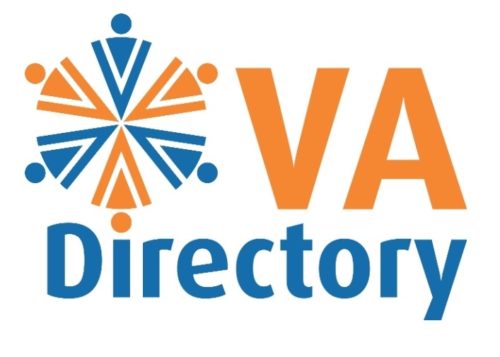The end of a year and the start of a new one will often lead people to think about what they want to do for the next 365 days, or in this case, 366 days with a leap year in 2008.
It’s at this time of year that I hear from many who would like to leave their corporate jobs and come home to work, so they can be with their family and get a better work/life balance.
Sometimes they email me before deciding to join my team of VAs and others ring because they want to hear a ‘real’ voice before making that decision. After all, it is a big step – planning to leave the security of a job and branching out on your own.
My advice is always never to leave your job if you are dependent on that income, as it is possible to gradually build up your VA business on the side. It’s rare for someone to pick up enough clients and work in the first week of their business, although I’ve known of a couple of VAs who have been fortunate in that regard – timing is everything!
I do encourage new VAs to think about getting part-time work, or do some temping, as time progresses, so that they have more time to build on their business, as they start to build a client base. For each the timing of when to leave the ‘security’ of that job is different. And this is why it is so important to surround yourself with those who already have the knowledge and experience in the areas in which you want to work.
My belief is that you should have the following to help you get started:
- A good accountant – someone who is familiar with your current financial situation. They must be used to assisting and working with small businesses – start asking those you know in small business and ask for recommendations and referrals.
- A good online network or two or three. The Virtual Assistant industry has many networks available and they readily accept new members. Most of these networks have discussion forums so you can mix and mingle with those who are already active and successful – there’s nothing like learning from those ‘in the know’. Many of the networks also provide facilities for access to clients so that you start getting client contact for jobs to be carried out.
- Other networks – both online and offline that consist of other business operators and not solely VAs. You’ll learn from your peers but you won’t get work from them so you need to put yourself in a place where you’ll meet people who need your services. Don’t make the mistake of thinking it’s going to happen only online – it won’t. And you run the risk of missing out on clients local to you if you don’t go out to meet them. Networks such as LinkedIn, BNI, Leads Club, Rotary and Chambers of Commerce are good places to start looking.
- Do the research and ask questions. There are sure to be others who have wanted to know the same things before you and are willing to share that information – the VA community is very welcoming. Explore the archived messages of the various VA forums.
- Know your skills and abilities. Don’t make the mistake of offering a service that you don’t have the skills for. Start with what you know and be prepared to put in the time and effort to learn new skills and software programs over time.
- Give it time. Don’t expect it will all happen in the first month or even the sixth month. Give yourself at least 12 months to get it happening and be prepared to do something in your business every single day of those 12 months.
- Be prepared to read, listen and learn. It’s a known fact that a large percentage of businesses don’t continue after their first 12 months and more drop out after 2 years, 5 years and so on. Those who have been in the VA industry for longer than 5 years really do know something about the industry and whether you have 5 years’ corporate experience or 25 years, you are still not as knowledgeable about being a VA as those who have been doing it longer.
- Do the hours and the work. If you take on a client then stick to that commitment. Be prepared to put in long hours at the start, and possibly for the first few years. You need to build a reputation as reliable and clients need to build trust in you. I’ve seen many new VAs put their hand up for work when it comes in and then only a week or two later they drop the client or pass the client on to another VA because they can’t commit – building a business means commitment and willingness to carry out the work, even if it means inconvenience to you at times.
- Enjoy! I love that this industry has allowed me to be home with my family and I love the environment I work in. There are days when it might be hard or it’s difficult to focus, but I know where I’m better off – at home, instead of in someone else’s office.
I hope these tips help you in your decision making to become a Virtual Assistant and I welcome your comments or enquiries.

Debbie Stevens says
Very useful information Kathie, thank you.
Amanda says
As usual great resource Kathie.